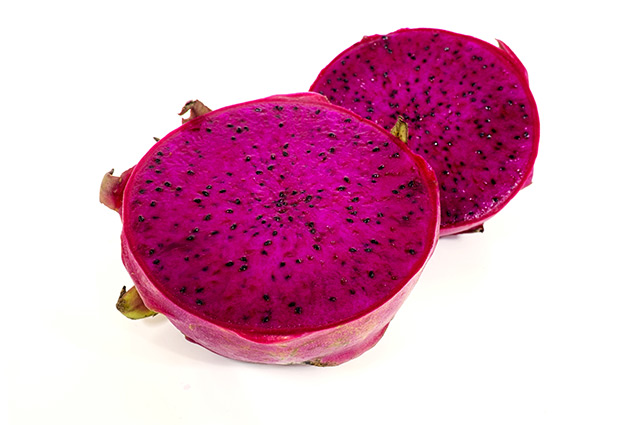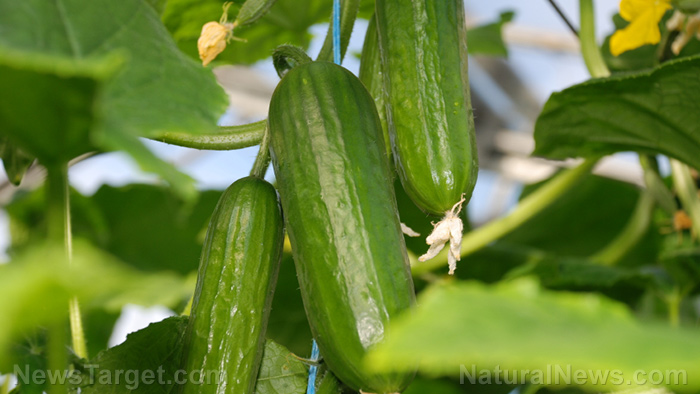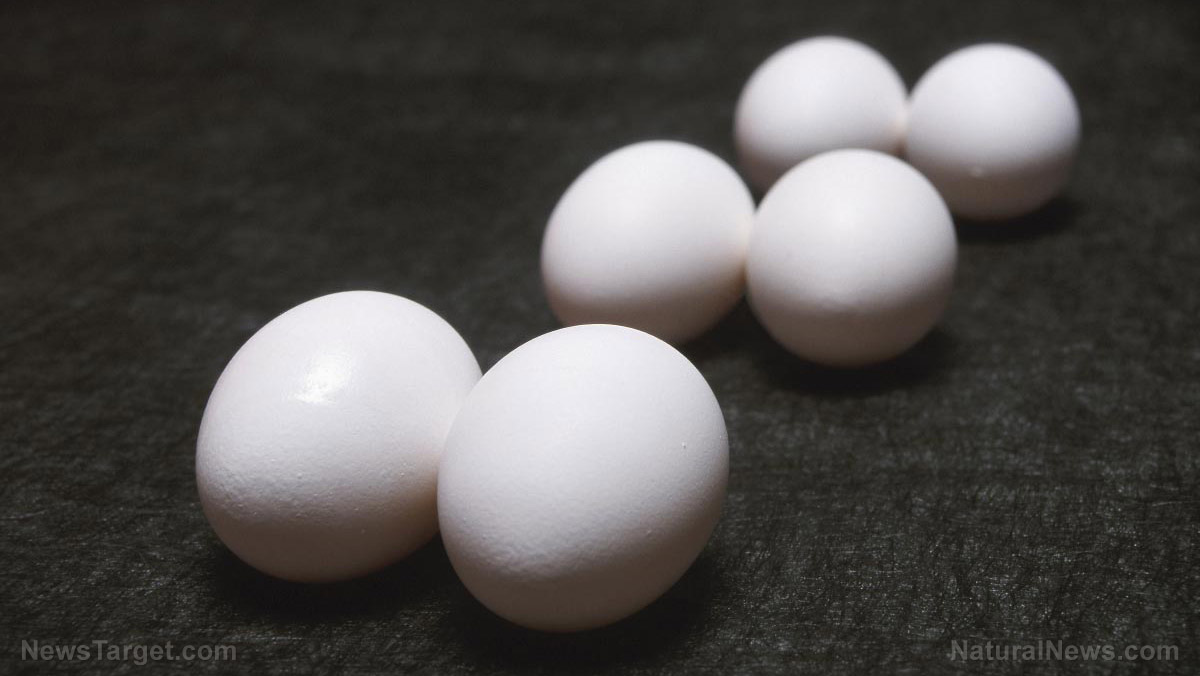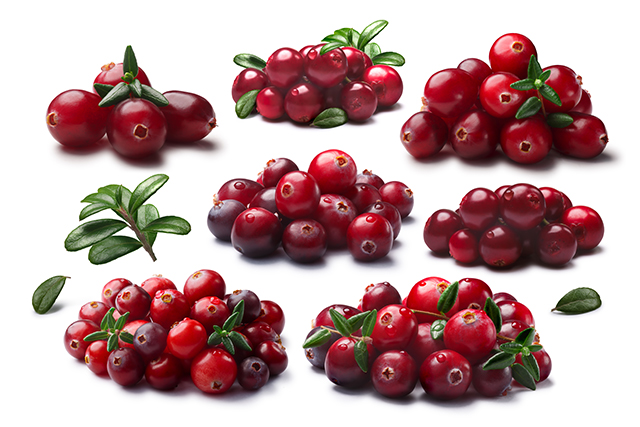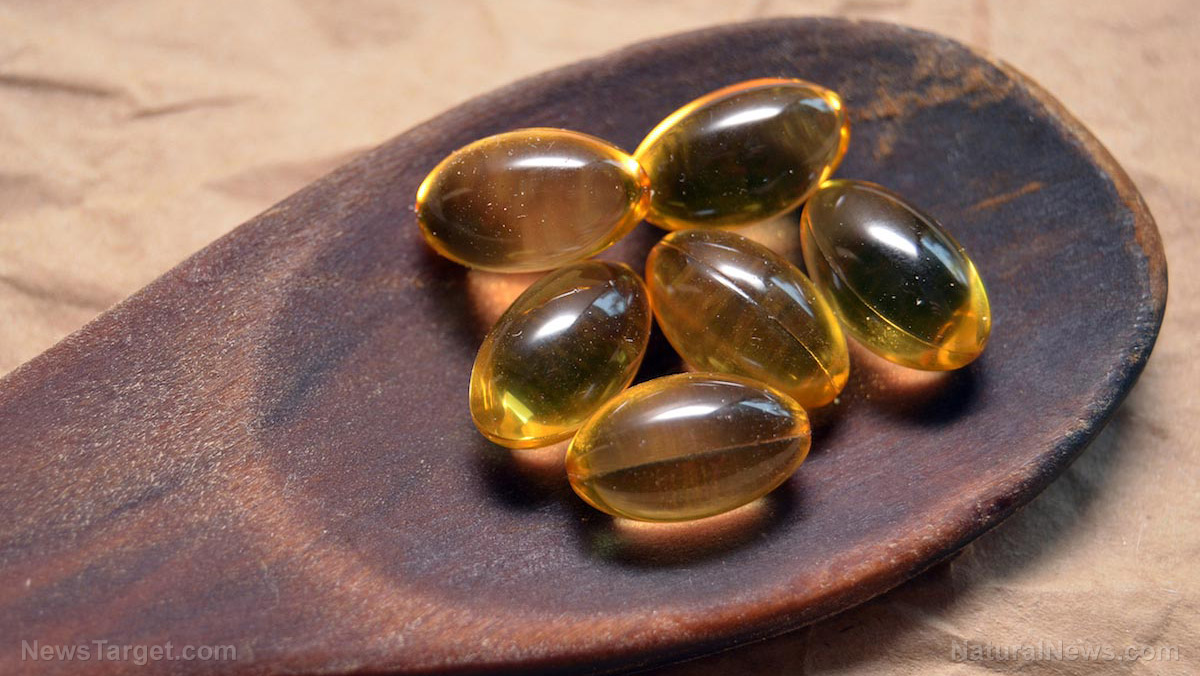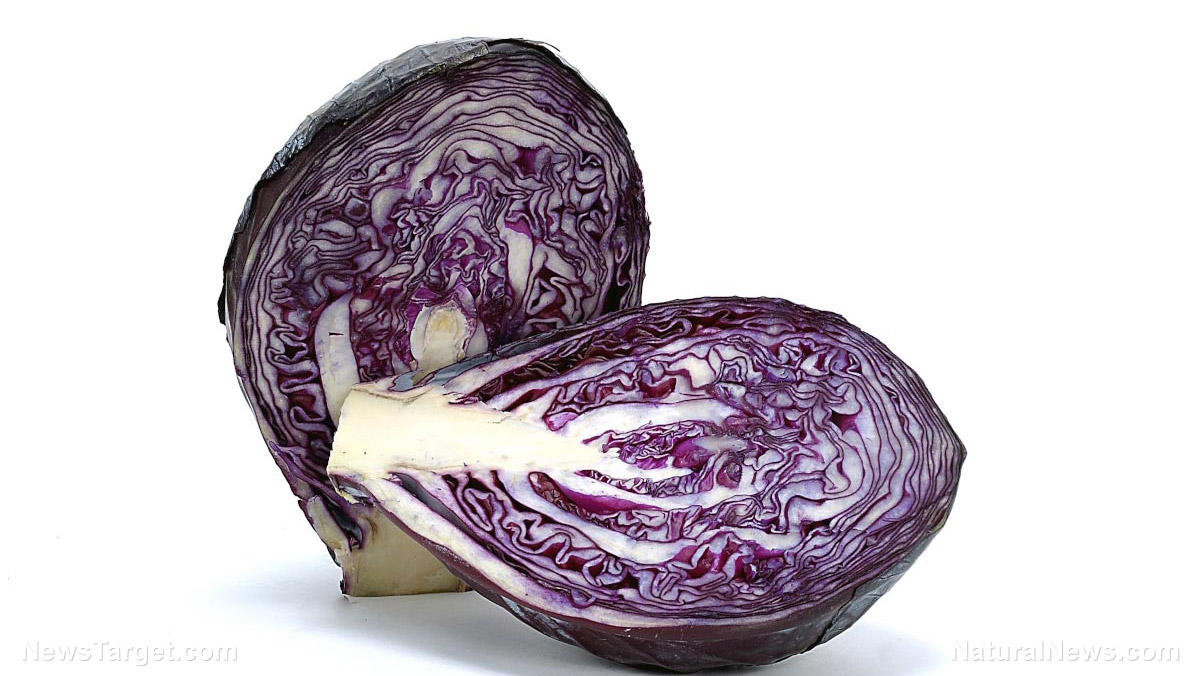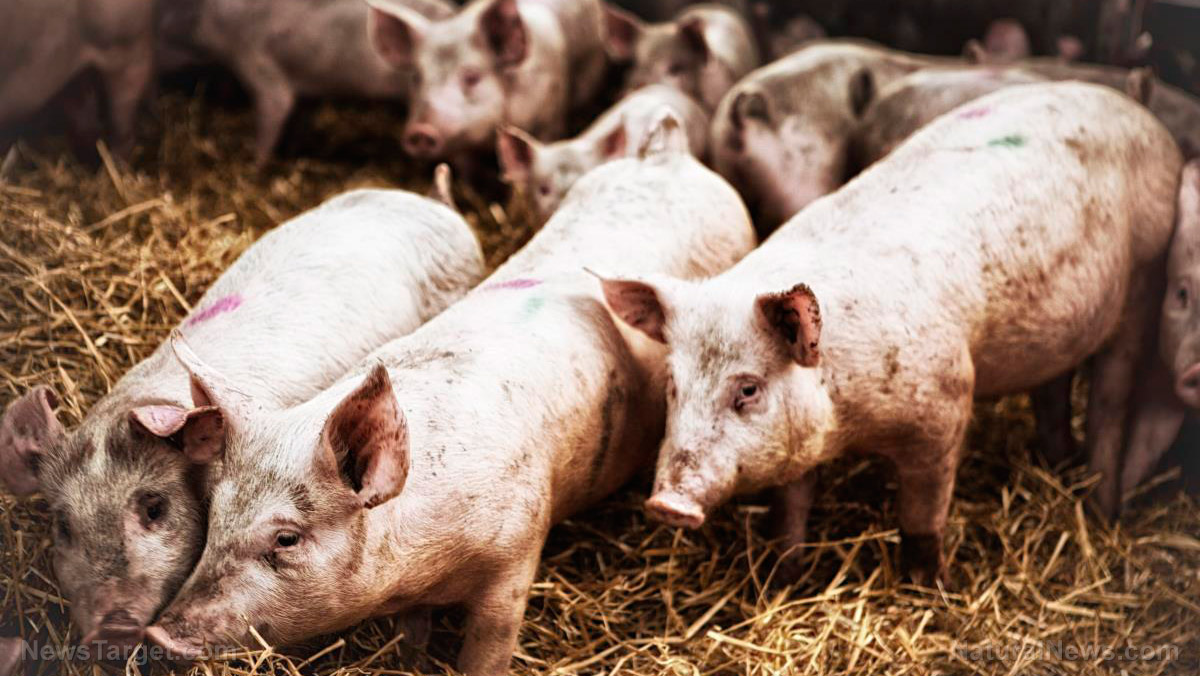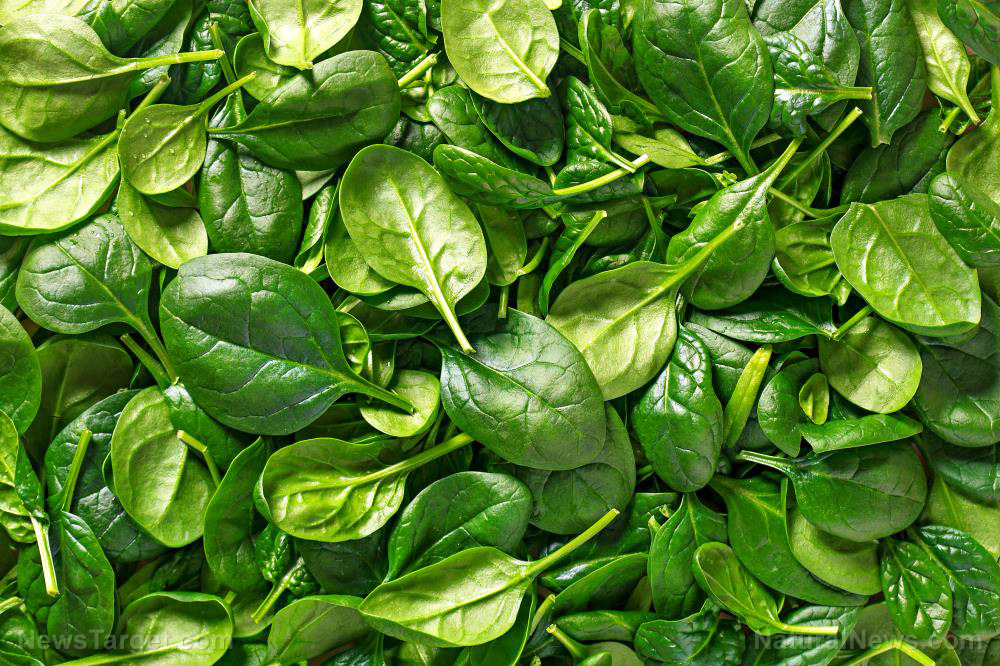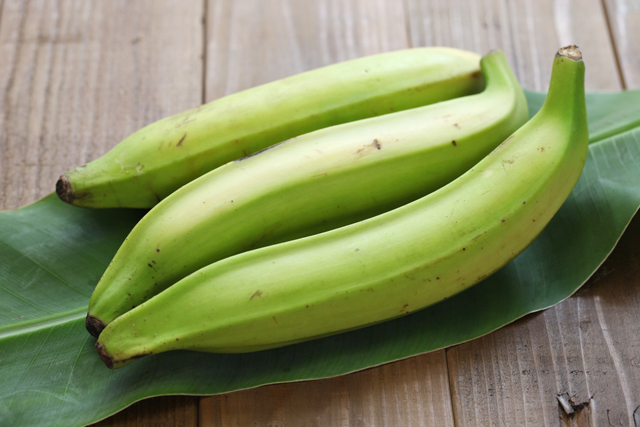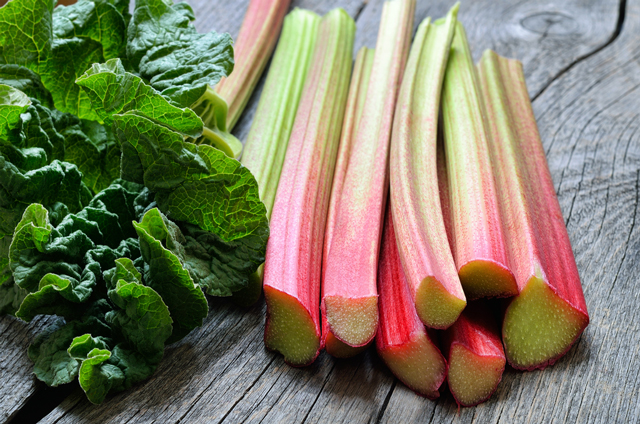Corn, the GM poster crop, will soon be nutritionally engineered to try to increase its value
10/15/2017 / By Tracey Watson

If you were offered poison to eat, but were assured that scientists had added lots of beneficial vitamins and minerals to it, would you grab the opportunity to try some? Likely not, and yet that is what we as a society have been conditioned to do – just think of all those boxes of sugary cereals on the shelf that are marketed as “enriched” with vital nutrients. Parents give them to their children every day, convinced they are a healthy option.
Scientists at Rutgers University are applying the same principle to genetically modified corn – artificially adding a bacterial gene to it to force the plant to produce a nutrient called methionine to boost its nutritional value. While this sounds great on the surface, the safety and long-term effects of genetically modified corn have never been studied, so “boosting” its nutritional value may be just like adding vitamins to poison.
According to Natural Therapy Pages, methionine is one of the 22 amino acids used by the body to synthesize proteins. It is a vital amino acid that cannot be produced by the body and must be ingested through diet. It is essential for certain liver functions, as well as normal metabolism and growth.
Since methionine does not occur naturally in corn, billions of dollars are spent on adding it to field corn seed each year. According to Professor Joachim Messing, who directs the Waksman Institute of Microbiology, this is a costly and high energy process, but is necessary because animals simply won’t grow without methionine. Adding it to corn for human consumption supposedly benefits children as it contributes to healthy growth. (Related: The health dangers of GMO corn.)
The Rutgers research team added an E. coli bacterial gene to the corn’s genome, and after several generations of growth, they found that doing so increased methionine levels in the plant’s leaves by 57 percent.
The Rutgers research team believes that their discovery could significantly reduce worldwide animal feeding costs since most animals are fed GM corn, and with corn being the staple food in many African and South American countries, they also believe that the ‘enhanced’ nutrition could benefit millions of people. What’s especially curious about all this is how the very people who claim “science” backs this supplemental nutrition in corn are the same skeptics who simultaneously claim nutritional supplements are worthless. Suddenly, it seems, when nutrition is achieved through genetic engineering, the scientific status quo becomes instantly convinced it’s a positive thing.
“We improved the nutritional value of corn, the largest commodity crop grown on Earth,” said Thomas Leustek, study co-author and professor in the Department of Plant Biology in the School of Environmental and Biological Sciences. He added that this would be of great benefit to subsistence farmers who rely on corn production to feed their families. “Our study shows that they wouldn’t have to purchase methionine supplements or expensive foods that have higher methionine.”
The study was published in the Proceedings of the National Academy of Sciences in online editions.
Benefits like these look wonderful on the surface, but dig a little deeper and serious concerns arise about genetically modified corn. (Related: Discover the truth about genetically modified crops at GMO.news)
Livestrong recently outlined some of the issues surrounding GMOs:
The rise in autoimmune diseases, infertility, gastrointestinal problems and chronic diseases may be associated with the introduction of GM foods. In a position paper by the American Academy of Environmental Medicine, the authors ask all physicians to consider the role of GM foods in the nation’s health crisis, and advise their patients to avoid all GM foods whenever possible. …
Genetically modified seeds are a patented product, and in order to purchase the seeds customers must sign an agreement for use with the seed manufacturer. … [This] prohibits farmers from saving seeds or selling them to other growers [and] small, independent farmers whose crops become contaminated by neighboring GM crops, must pay patent fees or risk being sued. …
Most GMO seeds are genetically engineered to be herbicide tolerant, resistant to insect infestation and disease. Environmentalists worry that the characteristics of GM crops may encourage farmers to increase their use of herbicides and pesticides, which will raise human consumption of dangerous toxins.
So, GMOs likely cause disease, can lead to financial ruin, and encourage the use of toxic herbicides and pesticides. Really then, adding methionine to GM corn really is just adding nutrients to poison.
Sources include:
Tagged Under: artificial nutrition, corn, GM corn, GMOs, Methionine, nutrients, nutrition

